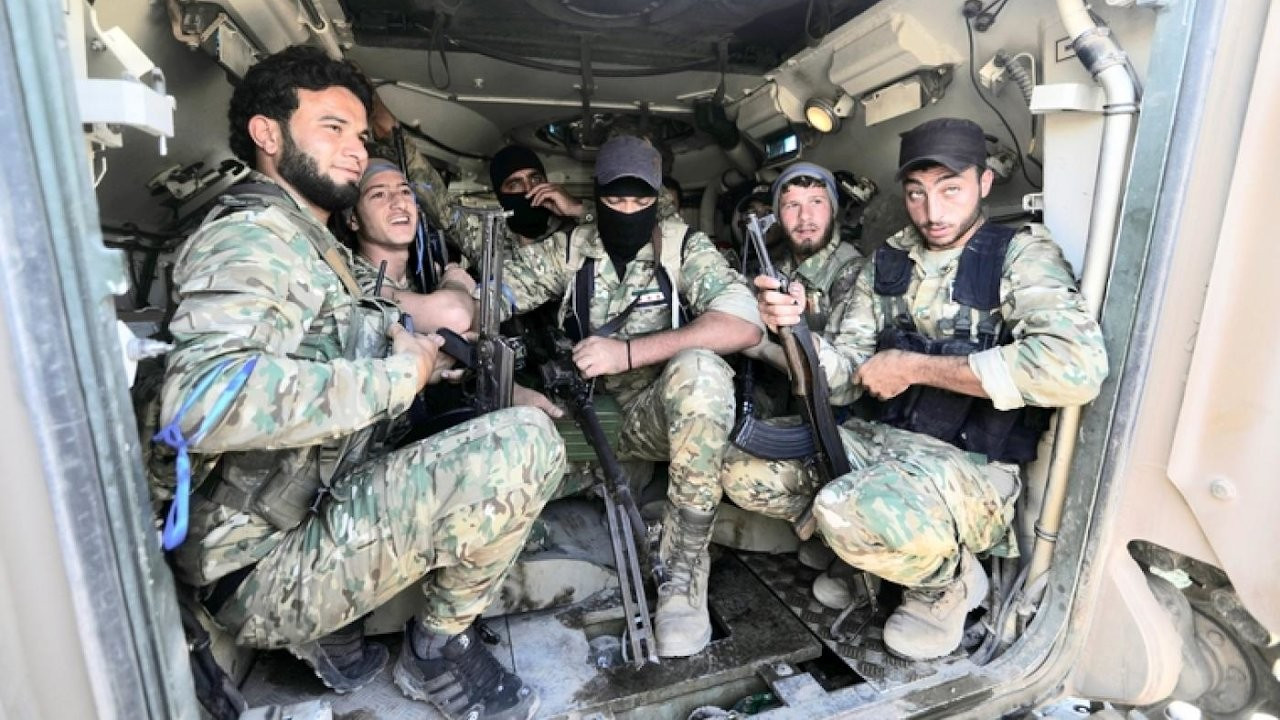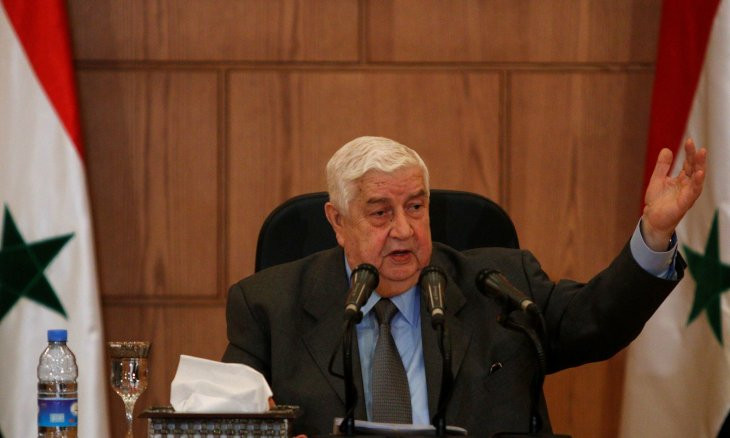Turkey denies talks with Syrian President Assad
Ankara has not been meeting with Syrian President Bashar al-Assad, Presidential spokesman İbrahim Kalın said on May 12. Kalın's statement comes shortly after İYİ Party leader Meral Akşener said on May 8 that she had received reports that the Turkish government was holding talks with Assad.
Duvar English
Turkish Presidential spokesperson İbrahim Kalın denied on May 12 claims that Ankara had been holding talks with Syrian President Bashar al-Assad, in response to reports brought up by Good (İYİ) Party leader Meral Akşener a few days ago.
"I heard that meetings were being held with Assad. I prayed that it's true," Akşener had said during a broadcast on Karar TV on May 8.
Kalın said on May 12 that it was wrong to deduce talks with Assad had begun just because Ankara held talks with Egypt, another country that Turkey had strained relations with.
Relations between the regional powers have been tense since Egypt's army toppled a democratically elected Muslim Brotherhood president close to Turkish President Recep Tayyip Erdoğan in 2013.
Both countries expelled ambassadors and Erdoğan described Egyptian President Abdel Fattah el-Sisi as a tyrant.
"It's meaningless to conclude that we're talking with Assad just because the normalization process started in Egypt," Kalın said. "There are no meetings with Assad. Intelligence units are meeting every now and then."
Egypt and Turkey on May 6 held talks on the conflict in Libya, where they back competing factions, on Syria and the security situation in the eastern Mediterranean, in a push to rebuild their fractured relations.
The discussions, held over two days and led by deputy foreign ministers, were the first high-level public talks for years between the two powers, who fell out over issues including opposing positions on political Islam and maritime borders.
Turkey has been striving to mend fences with several U.S.-allied Arab states including Egypt. Egypt has so far responded cautiously to Turkish overtures.
"The discussions were frank and in-depth. They addressed bilateral issues as well as a number of regional issues, in particular the situation in Libya, Syria, Iraq, and the need to achieve peace and security in the Eastern Mediterranean region," a joint statement said.
"The two sides will evaluate the outcome of this round of consultations and agree on the next steps."

 Erdoğan calls on the West to help Turkey end war in SyriaDiplomacy
Erdoğan calls on the West to help Turkey end war in SyriaDiplomacy Russia asks Turkey to find and punish forces who shelled AleppoDiplomacy
Russia asks Turkey to find and punish forces who shelled AleppoDiplomacy Syrian FM calls Turkey a 'sponsor of terrorism' in address to UNDiplomacy
Syrian FM calls Turkey a 'sponsor of terrorism' in address to UNDiplomacy Assad accuses Erdoğan of igniting Armenia-Azerbaijan conflictDiplomacy
Assad accuses Erdoğan of igniting Armenia-Azerbaijan conflictDiplomacy